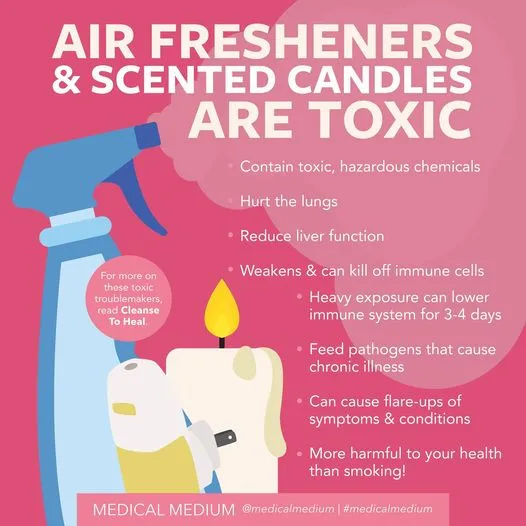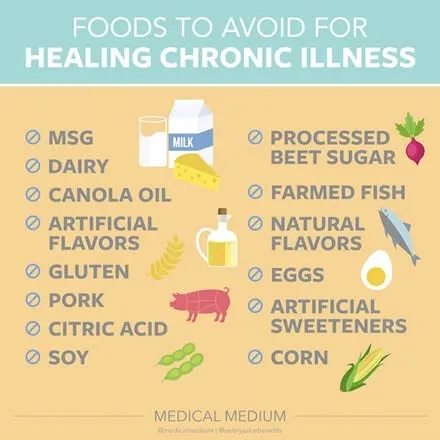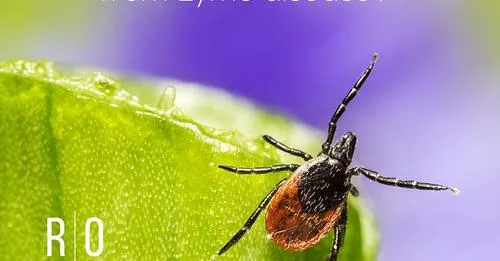Tick Awareness!
Don't let ticks put a damper on your outdoor adventures! As the weather warms up and nature beckons, it's the perfect time to delve into the world of ticks and learn how to protect yourself and your loved ones. Whether you're a hiker, camper, or simply enjoy a leisurely stroll in the woods, understanding these tiny arachnids and implementing preventive measures can make a world of difference. Let's dive in and embrace the great outdoors without the worry of these persistent pests!
Did you know? Ticks are more than just tiny arachnids – they can pose a serious health risk, especially when it comes to Lyme disease. As we gear up for outdoor adventures this season, it's crucial to arm ourselves with knowledge about these persistent pests. Lyme disease, transmitted through tick bites, can cause a range of symptoms, including fatigue, joint pain, and even neurological issues.
But fret not! Understanding ticks and implementing preventive measures can significantly reduce the risk. Let’s uncover fascinating facts about ticks and delve into effective strategies for staying tick-free. Let's embrace the great outdoors with confidence and keep Lyme disease at bay. Stay informed, stay protected!
Tick Fact Bonanza! Here are some eye-opening tidbits about ticks and the importance of staying informed:
- Ticks are tiny but mighty! They belong to the arachnid family and can be as small as a poppy seed, making them stealthy and hard to spot.
- Lyme disease is the most common tick-borne illness in North America and Europe, with thousands of cases reported each year.
- Ticks are not just woodland dwellers. They can be found in various habitats, including grassy fields, gardens, and even urban parks.
- Ticks can transmit not only Lyme disease but also other illnesses like babesiosis, anaplasmosis, and Rocky Mountain spotted fever.
- Prevention is key! Wearing long sleeves, using tick repellents, and performing thorough tick checks after spending time outdoors can significantly reduce the risk of tick bites.
- Early detection is crucial. If you've been bitten by a tick, it's important to remove it carefully and monitor for any symptoms such as a bullseye rash, flu-like symptoms, or joint pain.
- Seeking medical attention is vital. If you suspect you may have contracted Lyme disease or other tick-borne illnesses, don't hesitate to consult a healthcare professional for diagnosis and treatment.
Check out the attached article where Carmen Hunter, Founder of Carmen Hunter Health LLC., & The Institute for Functional Health Coaching shares her personal tick story and her top tick prevention and removal approach. It's definitely worth a read!
Let's empower ourselves with knowledge and take proactive measures to protect against ticks and Lyme disease.
I hope your enjoying the warmer weather we've been having and stay tick-free!
Jennifer
aka your Health & Wellnurse
Learn. Share. Empower.
DISCLAIMER: The content in this Post is for general informational purposes only and should not be considered medical advice. Jennifer Anastacio and Health & Wellnurse are not liable for any loss, injury, or damages resulting from the use or interpretation of this information. Individual results may vary. Consult a qualified healthcare professional for personalized advice.


























